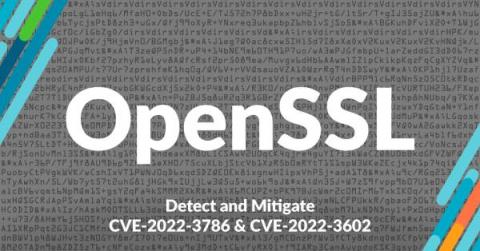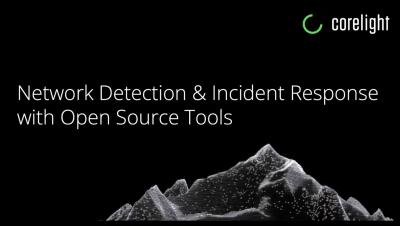Shift-Left Testing and Its Benefits
Testing practices have been shifting left in the software development process due to the growing challenge of developing and delivering high-quality, secure software at today’s competitive pace. Agile methodologies and the DevOps approach were created to address these needs. In this post, we’ll map out the basics of shift-left practices in the DevOps pipeline and discuss how to shift left your open source security and compliance testing. Contents hide 1 What does shift left mean?











